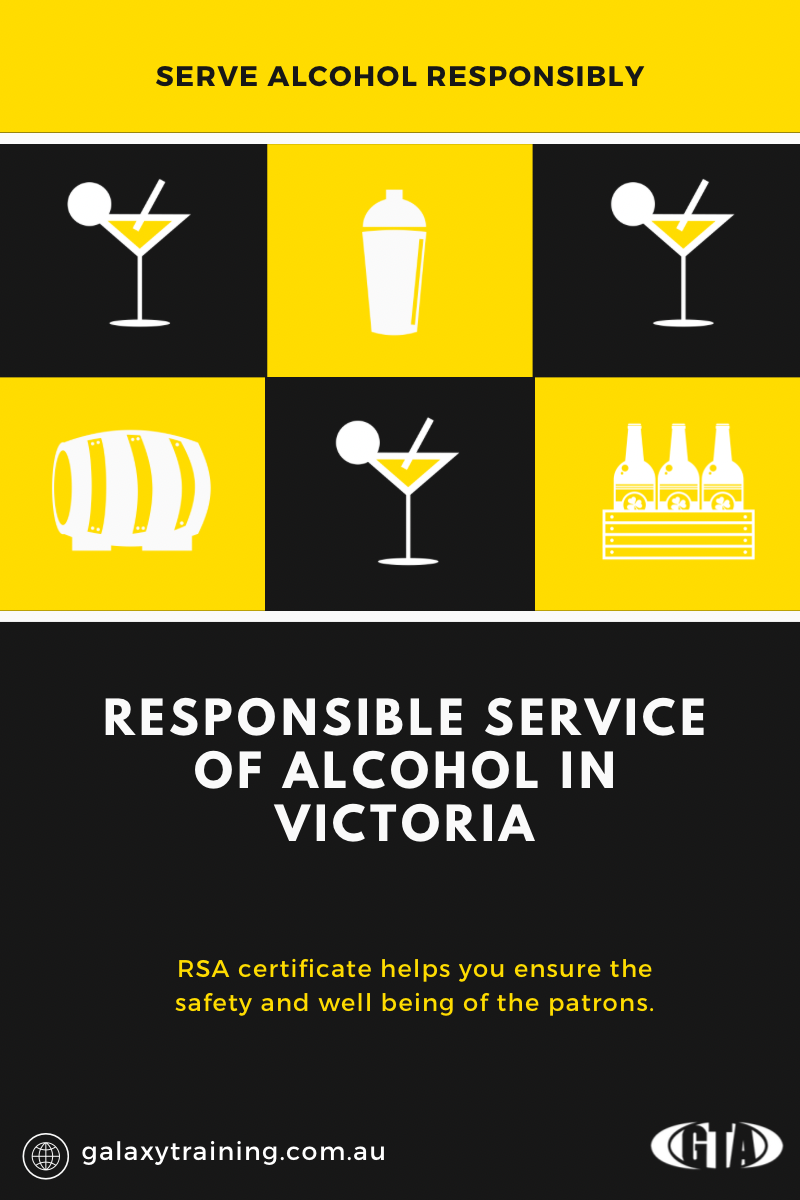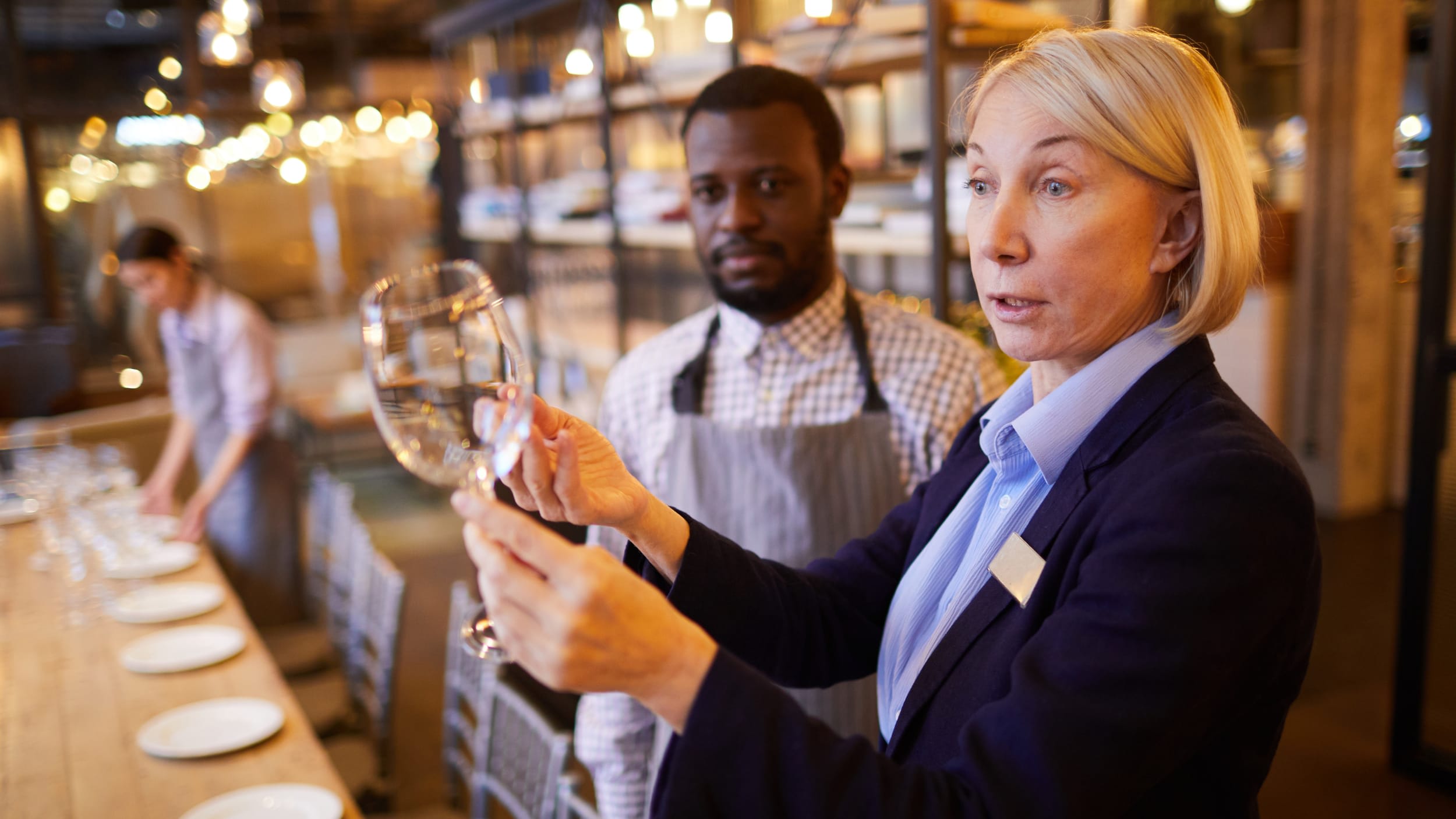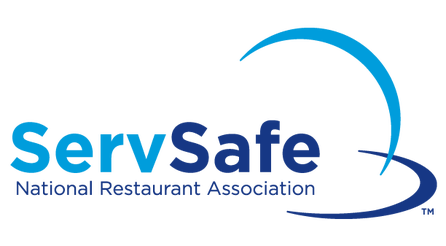Get Your servsafe food handlers card in Just a Few Easy Steps
Get Your servsafe food handlers card in Just a Few Easy Steps
Blog Article
Master Responsible Alcohol Solution With Comprehensive Accreditation Programs
The mastery of liable alcohol solution is not merely a regulative need; it is an essential element that enhances the online reputation and functional integrity of facilities within the hospitality sector. Comprehensive qualification programs provide very useful understandings into local legislations, reliable intervention methods, and consumer involvement techniques. By investing in these training campaigns, businesses can cultivate a society of obligation among their team, mitigating threats and enhancing client contentment. The path to efficient implementation and its long-lasting benefits might not be as uncomplicated as it appears. What challenges lie ahead for those who seek to elevate their solution requirements?

Importance of Responsible Alcohol Service
Responsible alcohol solution is vital to promoting public wellness and safety in facilities that offer alcohols. It includes a series of practices designed to stop the overconsumption of alcohol, reduce the risk of alcohol-related injury, and guarantee a secure setting for clients and team alike. By promoting responsible solution criteria, facilities can alleviate possible occurrences of drunkenness, which may lead to crashes, physical violence, or various other unfavorable results.
Additionally, liable alcohol solution improves the overall client experience. Customers are most likely to go back to establishments that prioritize their security and well-being. This commitment cultivates a favorable online reputation, motivating word-of-mouth references and repeat business. Additionally, establishments that follow responsible service practices frequently experience lower insurance coverage premiums and decreased legal liabilities.
In addition, carrying out liable alcohol solution techniques aligns with wider public health and wellness initiatives focused on reducing chemical abuse and advertising area health and wellness. This proactive approach not only shields individual patrons but also adds to a much healthier culture. Inevitably, liable alcohol service is not simply a lawful obligation; it stands for a moral dedication to the health of customers and the community at big.
Trick Components of Accreditation Programs
Certification programs for responsible alcohol solution normally include several essential elements created to equip team with the necessary abilities and expertise to offer alcohol safely. These programs typically consist of comprehensive training on regional and state alcohol laws, guaranteeing that participants understand their lawful responsibilities and the repercussions of failing to conform.
One more important component is the recognition of indicators of intoxication - servsafe food handlers card. Team are educated to recognize behavioral signs suggesting when a customer may be over-served, enabling them to intervene properly
Additionally, efficient communication methods are emphasized, instructing staff exactly how to engage with clients in a manner that promotes responsible alcohol consumption. This includes training in conflict resolution techniques, allowing team to take care of hard situations smoothly and expertly.
Furthermore, programs often integrate functional circumstances and role-playing workouts, providing individuals with real-life instances to exercise their abilities. Lastly, recurring education and sources are essential for keeping expertise and skills over time, as laws and ideal methods progress. Together, these parts create a thorough framework that encourages staff to foster a safer drinking setting while minimizing obligation for establishments.
Benefits for Staff and Establishments
Personnel and establishments alike reap considerable benefits from taking part in responsible alcohol service qualification programs. For staff, these programs improve understanding and abilities associated with alcohol solution, outfitting them to determine indications of intoxication and implement effective intervention approaches. This training not just fosters a feeling of self-confidence amongst workers however also promotes a society of safety and responsibility in the workplace.
For facilities, buying qualification programs can lead to reduced responsibility and fewer occurrences connected to over-serving. By making sure that team are well-trained in responsible service methods, establishments can reduce dangers associated with alcohol-related occurrences, thereby securing their credibility and monetary security. In addition, several territories supply incentives, such as reduced insurance costs, for certified facilities.
Additionally, executing certified techniques can improve client fulfillment and loyalty. Customers are most likely to return to places that prioritize their safety and wellness. Inevitably, a dedication to responsible alcohol solution not only cultivates a favorable environment however additionally boosts the general functional effectiveness of facilities, making it a wise financial investment for long-term success in the hospitality sector.
Typical Obstacles in Alcohol Solution
Guaranteeing reliable alcohol service is not without its difficulties, also in establishments committed to responsible methods. One substantial obstacle is the requirement for staff to properly examine clients' alcohol usage levels. servsafe food handlers card. This needs an eager understanding of how various variables, such as food consumption, resistance, and individual distinctions, influence drunkenness
In addition, the stress to take full advantage of sales can contrast with liable solution procedures. Staff members might deal with difficulties in rejecting service to drunk people, specifically in social settings where peer pressure and assumptions prevail.
Another difficulty is staying upgraded with local regulations and laws relating to alcohol solution. Compliance is critical, yet frequent changes in regulations can develop complication and might result in unintended offenses.
Training programs may not constantly cover the subtleties of real-world scenarios, leaving team unfit to manage intricate situations. Inconsistent interaction between management and workers relating to expectations for accountable service see here now can even more aggravate these issues.
To browse these challenges effectively, establishments have to foster an environment of support, stressing the importance of responsible service while providing the needed tools and training for team to succeed.
Actions to Get Qualification
To acquire Responsible Alcohol Service Certification, candidates typically start by investigating the particular needs mandated by their regional regulative authorities. These needs may differ considerably relying on the region, so it is necessary to familiarize oneself with the pertinent legislations view publisher site and regulations.

After selecting a program, applicants need to finish the requisite training, which generally covers subjects such as identifying drunkenness, recognizing lawful obligations, and implementing approaches for accountable service. Participants ought to proactively engage with the product, as this understanding is vital for effective alcohol service.

Adhering to training, prospects generally take an exam to evaluate their understanding of the product. Effective conclusion of this analysis results in accreditation.
Verdict
In verdict, mastering liable alcohol solution through thorough qualification programs is important for promoting safety and boosting client experiences within the hospitality sector. By furnishing team with the necessary knowledge and skills, facilities not only alleviate risks connected with overconsumption Recommended Reading and lawful responsibilities but additionally grow a society of obligation. This dedication to accountable service inevitably leads to increased client commitment and functional success, reinforcing the relevance of continuous training and adherence to alcohol solution criteria.
Report this page